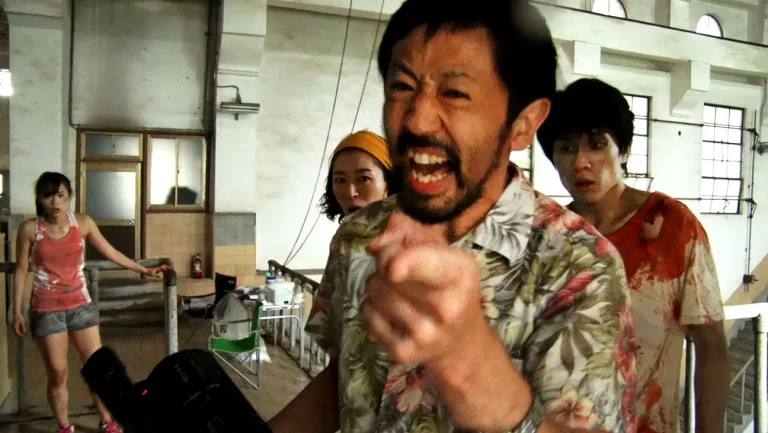“Alpha” is the hotly anticipated third feature from Palme d’Or winner Julia Ducournau, premiering at Cannes earlier this year to shockingly negative reviews, which, if anything, piqued my interest more than the usual acclaim Ducournau receives. While I believe “Alpha” is better than the initial response at Cannes made it out to be, it still found it to be a frustrating and messy project that does have its merits. Set in the 90s in an unnamed coastal city in France, taking place in the years following a mass health crisis caused by a strange virus that turns people into marble.
We follow the titular Alpha, a young girl who is unsure of her place in the world, feeling like an outcast in school and smothered by her overprotective mother. When she gets a big “A” tattooed into her arm at a party with a shared needle, anxiety sets in. Her doctor mother and her classmates all start to worry that she might’ve caught the virus, adding some more chaos into the fold. Her uncle Amin, whom she doesn’t recall ever meeting, decides to stay with his sister and niece in an attempt to become clean from drugs.
Ducournau is no stranger to unconventional coming-of-age stories, and “Alpha” is no different, but it’s the least assured of her work and proves to be a uniquely frustrating experience. As a third feature, it comes off oddly flimsy, resembling a novice’s first outing rather than the confident return of a director who just earned one of film’s top awards.
The switching perspectives back and forth between our three leads and timelines proves to be an odd choice that often feels confusing. A flurry of narrative and emotional contradictions, tender and affecting moments that aren’t given room to breathe at all as Ducournau switches back and forth between earnestness and misery in an incredibly clumsy manner.
Narratively three main things are going on: a story of a sister doing her best to help her drug addicted brother on a downward spiral; a classic bleak Ducournau coming of age story with young Alpha struggling in school, navigating romance, friends and a new tattoo that isn’t healing quite how it should; and the tale of an over protective mother doing her best to help her daughter. These three plots are built on a rather clunky central metaphor that acts as the unstable foundation to the film.
More Related to Julia Ducournau: How Titane (2021) Is Sexually Liberating but Also Stifling
The central metaphor is painfully obvious: the looming virus that we hope and pray Alpha hasn’t contracted is a clear stand-in for AIDS. However, a part of me does wonder if the way this metaphor is handled is in poor taste. Ducournau’s AIDS has its victims turn into polished, shiny, Greek-like marble sculptures. Sure, this does allow for her to create some really unique and quite skin-crawling visuals, but also begs the question – isn’t AIDS scary enough?
The devastating AIDS crisis in the 80s is a horror in its own right. The need to add an aesthetic flair to it to squeeze out a few gasps from the audience just rings as an empty attempt at making something look pretty, so the film qualifies as a little bit of sci-fi and body horror.
Not everything needs to have a cool aesthetic to it! Certainly not AIDS. That too, Ducournau barely explores this element; she doesn’t use this to plunge deeper apart from the expected route of societal paranoia. What I’ve admired about both “Titane” and “Raw” is Ducournau’s ability to take a strange, arresting premise and use it as a vehicle for exploring themes and metaphors with real nuance and depth.. In “Alpha,” it feels as if Ducournau has put down the shovel before it’s even broken ground.
The strongest of the three narrative threads is what happens between Amin and his sister, Alpha’s mother. It feels like the most emotionally consistent and thought-through part of the film. There’s a clear aching tragedy, the unstoppable force of the addiction Amin is battling, intertwined with his sister acting like an immovable object, doing her best to help her brother. Both Tahar Rahim and Golshifteh Farahani are incredible; their bond feels real despite some of the character writing verging on quite one-dimensional.
The defeated physicality and sorrow on display from Rahim, paired with Farahani’s sheer determination, add a much-needed sense of interiority to these characters. Mélissa Boros does a pretty good job as the titular Alpha. However, it feels like she is given the least amount to work with.
Alpha feels more like an idea of a character as opposed to a well-constructed lead. She’s just written like any ol generic moody anxious teen. It’s quite disappointing how the whole coming-of-age aspect, which is normally Ducournau’s forte, feels so generic and uninteresting. It boils down the genre to its bare-bones cliches, including fights with a parental figure, boy trouble, and big panic attacks. The refusal to interact with these cliches in such a dour, humorless way causes them to feel like cynical attempts at melodrama.
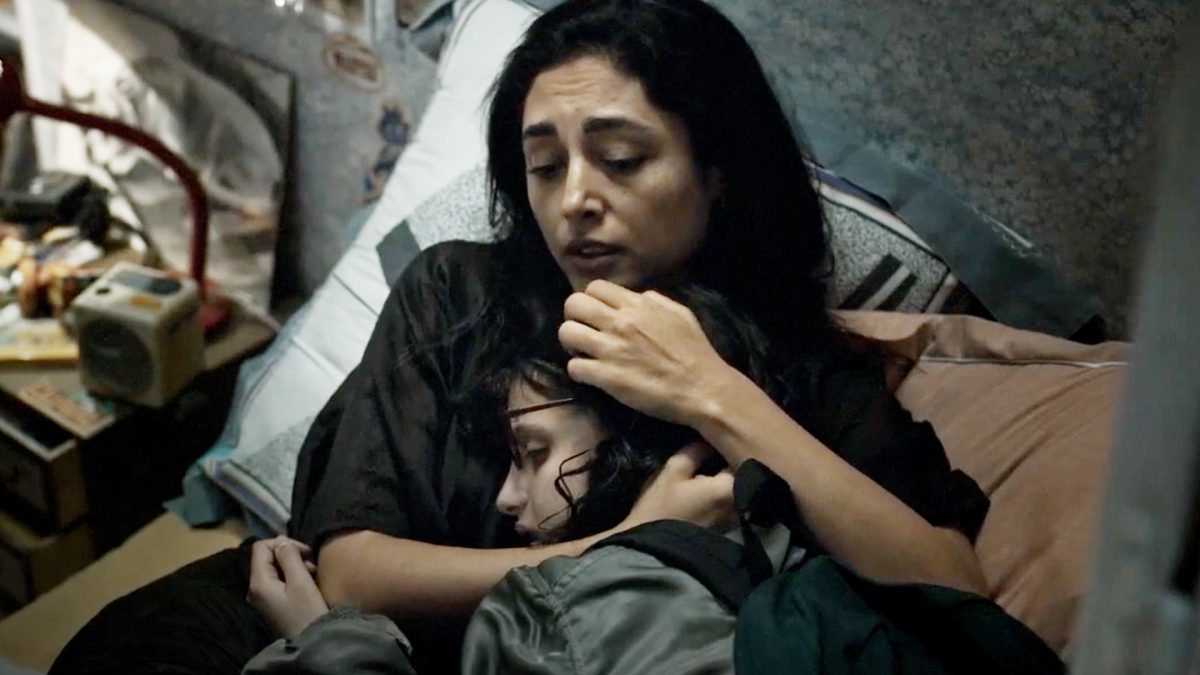
Also Read: The 30 Greatest Cannes Palme d’Or Winners of All Time
Not to mention possibly the funniest needle drop of the year, one that baffled me to no end in the cinema, Tame Impala’s “Let It Happen” blares across a climactic sequence of Alpha running across the beach. A scene that feels ripped right out of a student short film. The third act, despite having some of the film’s strongest moments, is also where the cracks really start to show.
All the narrative threads tie into one big knot, and the film buckles under its own weight with a reveal that feels so poorly executed that it confuses on an emotional and narrative level. It’s a change that feels so seismic to the film, but makes very little sense, with incredibly shoddy groundwork laid out; it feels almost like a cheap trick.
The film’s final moments left me in an infuriating mix of awe and confusion: the last scene between the siblings was powerful enough to bring me close to tears, yet everything surrounding it was so muddled that I was still trying to piece together what was even happening. None of the choices felt considered, and none of the ideas felt fully realized or confidently executed. A filmmaker as talented as Julia Ducournau deserves stronger material than what she gives herself here.
Visually, I’d say I’m in the minority on my feelings towards the film’s desaturated, harsh look. It does suit the overbearing and dour tone quite well, managing to have this harsh, grimy digital look that’s devoid of warmth, the first time I’ve felt that a film looking like wet concrete actually suited it. The film adopts an almost Zack Snyder–esque aesthetic that works surprisingly well. But the flashbacks to the 80s—invoking the AIDS crisis without naming it—shift into a grainy, yellow-washed film look that feels straight out of the “Mexico filter” meme.
Overall, “Alpha” is a mean-spirited film buoyed by some strong performances, a handful of effective emotional beats, and a mostly solid visual identity—barring an atrociously graded flashback sequence. Unfortunately, it’s dragged down by an amateurish script that treats the gravity of the AIDS crisis with startling insensitivity. Add to that a slew of gimmicky stylistic choices, veering from student-film clumsiness to outright bad taste, and the result is an undeniably strange experience. It’s never boring, but it’s a mess in nearly every respect—deeply frustrating despite the flashes of genuine promise. It might be the worst film this year, to nearly brought me to tears.


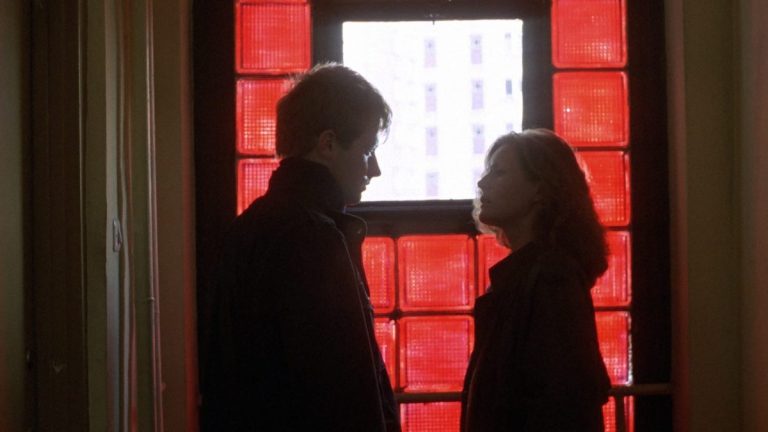
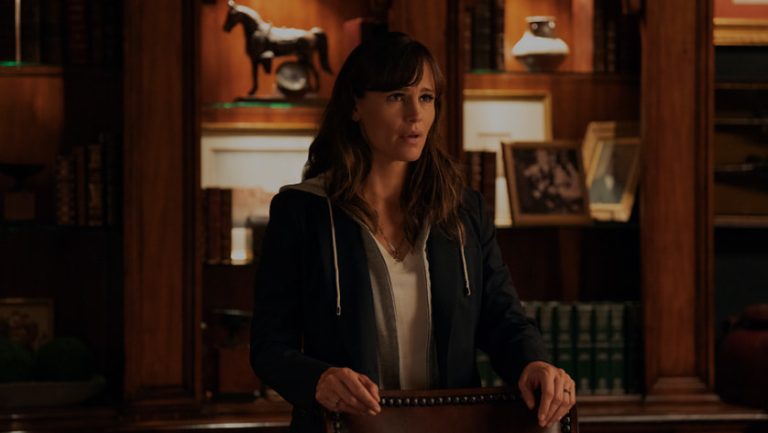
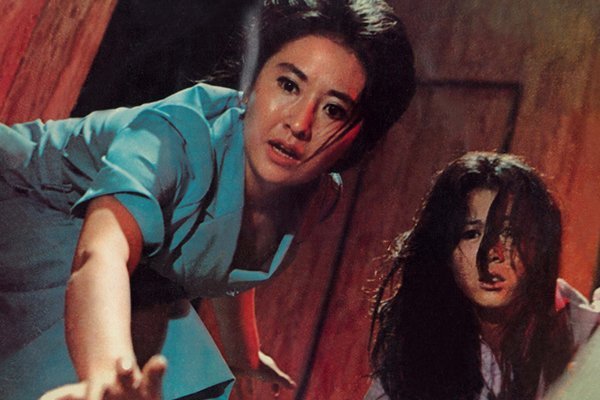
![Mallesham [2019] Review: A Heartwarming and Inspiring Biopic](https://79468c92.delivery.rocketcdn.me/wp-content/uploads/2019/05/Mallesham-Priyadarshi-2019-768x291.jpg)
